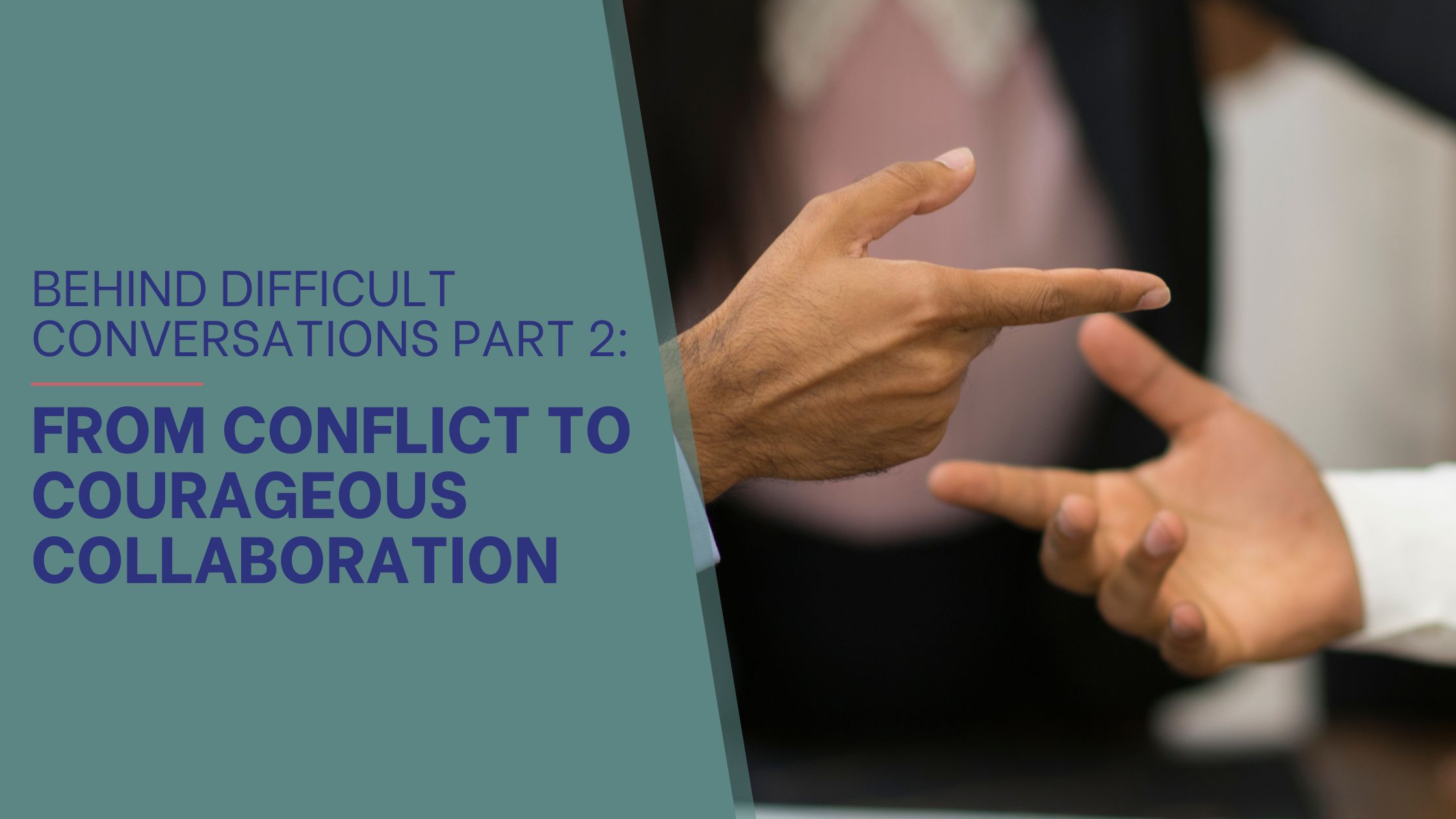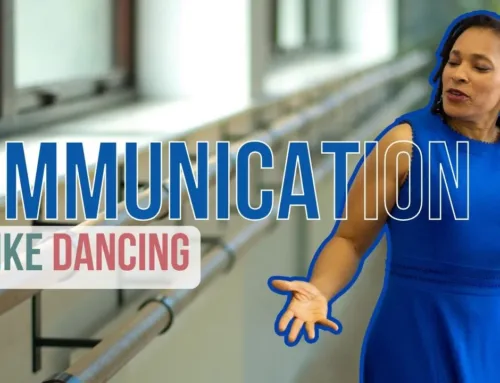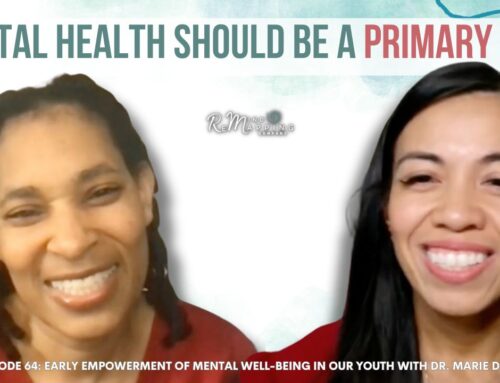
Have you ever had a fight with a friend, a classmate, or someone at work that made you feel confused, upset, or even scared? You’re not alone. Everyone has arguments or disagreements sometimes—even adults! But here’s the cool part: with the right tools and some courage, those tough moments can actually help us grow closer to the people we care about.
In this solo episode of Behind Beliefs, Behaviors, and the Brain, Dr. Maiysha Clairborne shares a real-life story about a tough conversation she had with a friend. This wasn’t just any conversation—it was full of big feelings, misunderstandings, and eventually, a whole lot of healing. It’s a great example of what real conflict resolution looks like.
What Is Conflict Resolution?
Let’s break it down.
Conflict resolution means working through an argument or disagreement in a way that brings peace, understanding, and sometimes even better connection than before. It’s not always easy, but it is possible—and it’s something we can learn to do.
Dr. Maiysha says that conflict doesn’t have to be quiet and calm all the time. Sometimes it’s messy, emotional, and full of feelings. And that’s okay!
The Ups and Downs of a Real Conflict
Here’s what happened:
Dr. Maiysha had a friend and colleague she really respected. One day, her friend said something that hurt her feelings. But instead of speaking up right away, she pulled back. That’s what she tends to do when she feels overwhelmed—she goes quiet and takes time to think.
That might sound familiar, right?
Later, her friend noticed the distance between them and reached out. That started a series of emotional conversations. There were tears. There was frustration. But there was also honesty.
And eventually, something really amazing happened—they found their way back to each other. That’s conflict resolution in action.
Conflict Resolution: What Helped Them Heal
Dr. Maiysha used a powerful tool: something called the Five-Step Apology. Here’s how it works:
-
Say what you’re responsible for
-
Acknowledge how the other person was impacted
-
Share how you were impacted
-
Explain what you’re committed to doing differently
-
Be clear about what you have the bandwidth for

This kind of apology is more than just “I’m sorry.” It’s about taking ownership and showing care—and that’s a big part of conflict resolution.
The Stages of Conflict (Yep, There’s a Pattern!)
Just like stories have chapters, conflict has stages too:
-
Latent conflict – Something’s wrong, but it hasn’t been said out loud yet.
-
Escalation – Feelings grow, maybe someone gets hurt or upset.
-
Stalemate – Both people stop talking or get stuck.
-
Resolution – Someone makes the first move to talk it through.
-
Restoration – Trust is rebuilt, and the relationship grows stronger.
Dr. Maiysha says that conflict doesn’t always end with a big dramatic fight. Sometimes it’s a few hard conversations over time. But the goal is the same: understanding each other better and moving forward.
Conflict Isn’t the End—It Can Be the Beginning
Here’s what’s really important: conflict resolution isn’t always clean and perfect. It’s not about getting everything right. It’s about trying, having the courage to talk, to listen, and to be honest—even when it’s hard.

Sometimes, conflict resolution means a relationship ends, and that’s okay too. But often, when both people are willing to show up with care and courage, things can actually get better.
Conflict Resolution: What You Can Practice This Week
Think about your relationships—with friends, family, coworkers, or classmates. Ask yourself:
-
Is there a tough conversation I’ve been avoiding?
-
Where do I feel stuck or misunderstood?
-
What’s one step I can take to reconnect?
You don’t have to do it alone. Dr. Maiysha helps people like you build the skills for healthy communication and effective conflict resolution—whether it’s at work, home, or in your community.
Hosted by: Dr. Maiysha Clairborne
Communication is the foundation of everything and everything happens in communication. If you’re ready to take your communication to the next level, our Communication That Transforms course dives deep into creating psychological safety, handling crucial conversations, navigating conflict, and cultivating trust in a way that truly leaves the people in your life feeling seen, heard, respected and valued. It will transform how you lead and how you show up in all of your relationships . Learn more and register at www.mindremappingacademy.com/ticc. If you are a leader and your employees or teams are struggling with team dynamics, consider taking them through our new “Communications That Transforms” group cohort.
See the full course breakdown and get a free preview of key modules to experience the value. Go to https://mindremappingacademy.com/course-catalogue and schedule a call with Dr. Clairborne at www.mindremappingacademy.com/corporate-programs










